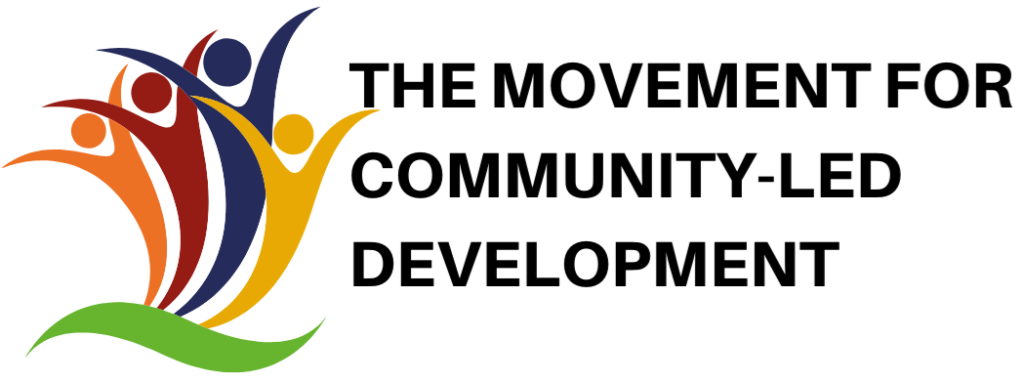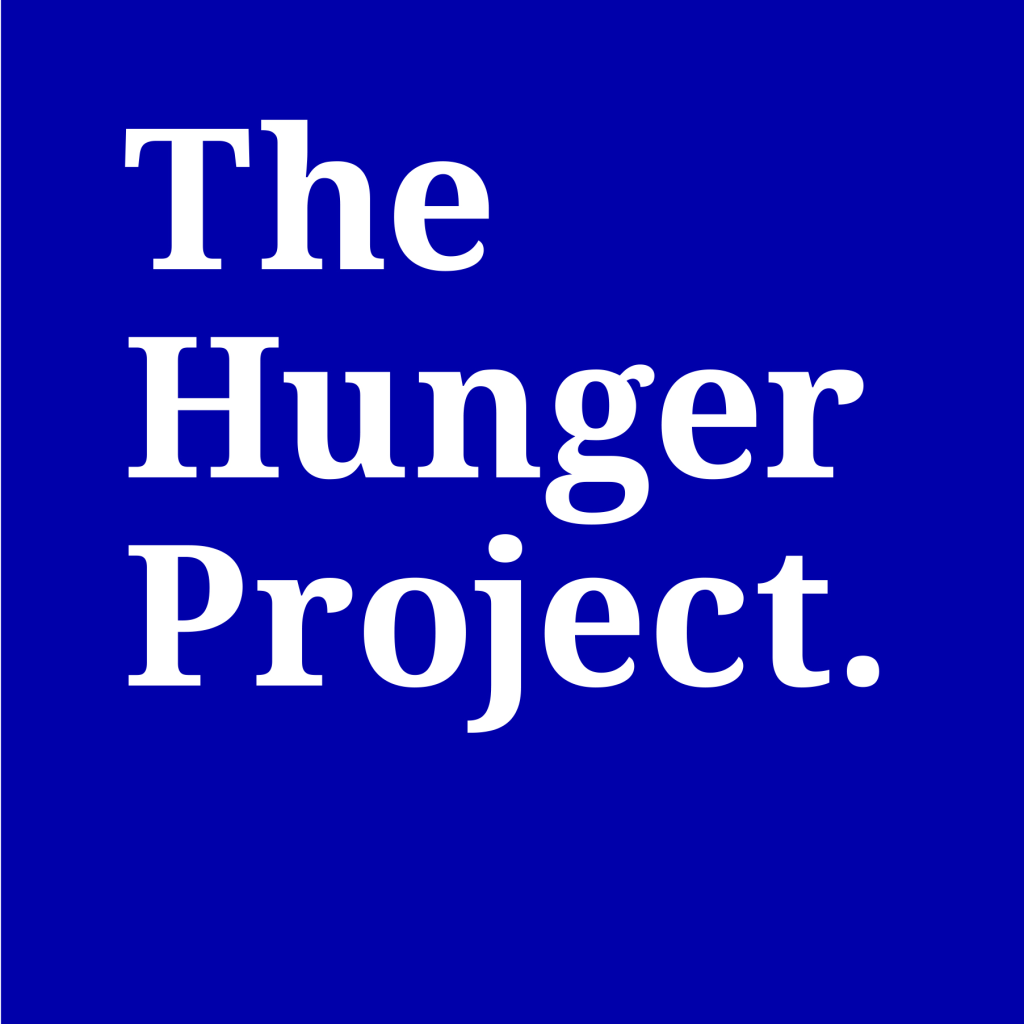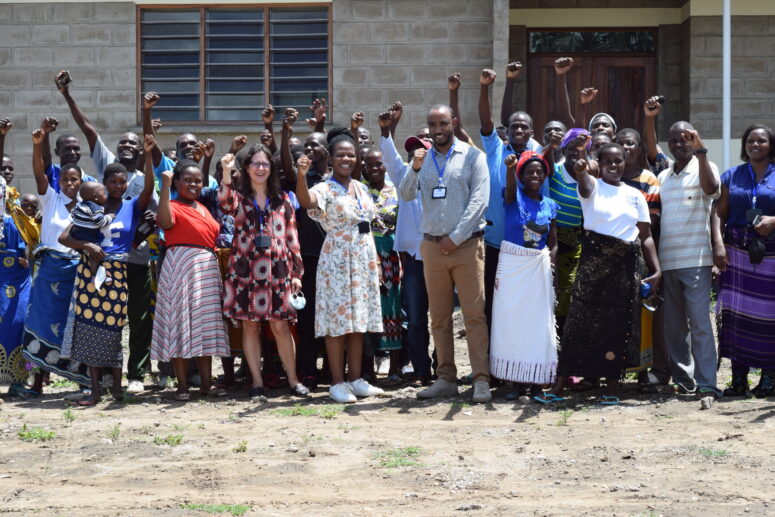


New Global Partnership Studies Locally Led Development in Fragile Environments
The Movement for Community-led Development, The Hunger Project and World Vision launch the new USAID-funded LIFE Project in Bangladesh and Ethiopia to create and measure locally led and climate, conflict and economically-resilient development programs.
(Updated January 6, 2023)
The Hunger Project (THP), as Global Secretariat of The Movement for Community-Led Development (MCLD), has announced a United States Agency for International Development (USAID)-funded program dedicated to creating a better understanding of locally led development in non-permissive and fragile environments.
The project, called LIFE (Locally Led Development in Fragile Environments), will operate in Bangladesh and Ethiopia over three years, and seeks to understand how and why locally led development approaches lead to impact in fragile countries. The project will also strengthen the capacities of country and global teams to conduct theory-based evaluations that unpack the process of human change.
‘Fragile countries’ are classified by the World Bank and USAID as those particularly vulnerable to “acute shocks like natural disasters, conflict, and disease outbreaks, as well as recurrent and chronic stresses such as seasonal environmental effects, food insecurity, and political and economic instability.” In these environments, long-term development and emergency humanitarian assistance are often required simultaneously — an integrated model that is not yet formalized in the development system. Due, in part, to the current food and economic crisis as well as the ongoing climate crisis, it’s estimated that 80% of individuals currently living in extreme poverty will live in fragile environments by 2030, making it vital to develop approaches that build local resilience. This project will develop lessons around how locally led approaches build this resilience in fragile environments.
Unlike traditional, top-down development models, a locally led (or community-led) development approach is built in equal partnership with community members. Local communities identify goals, develop and implement plans to achieve those goals, and create collaborative relationships internally and with external actors. Many organizations have seen this integrated approach strengthen the capacity of communities and result in more sustainable outcomes. Yet, to date, there is little understanding of the process of change in fragile environments and whether the impact of locally led development on resilience, social cohesion, inclusion and governance is in fact replicable.
The LIFE Project is the outcome of a co-creation with USAID, the MCLD Global Secretariat, The Hunger Project, World Vision, and a specialized research team (led by Dr. Jennifer Leavy and Dr. Catherine Shutt). Ultimately, the project will inform the future actions of USAID and other local actors to improve locally-led development approaches across a spectrum of fragile settings, increasing the efficiency and sustainability of development programs worldwide.
The LIFE Project will take place over the course of 30 months and, driven by a “learning by doing” model, will culminate in synthesis workshops and widely-available, user-friendly tools and guidance that will enable practitioners to apply evidence to real-world programming.
Image above: Malawi, 2022, photo for The Hunger Project

